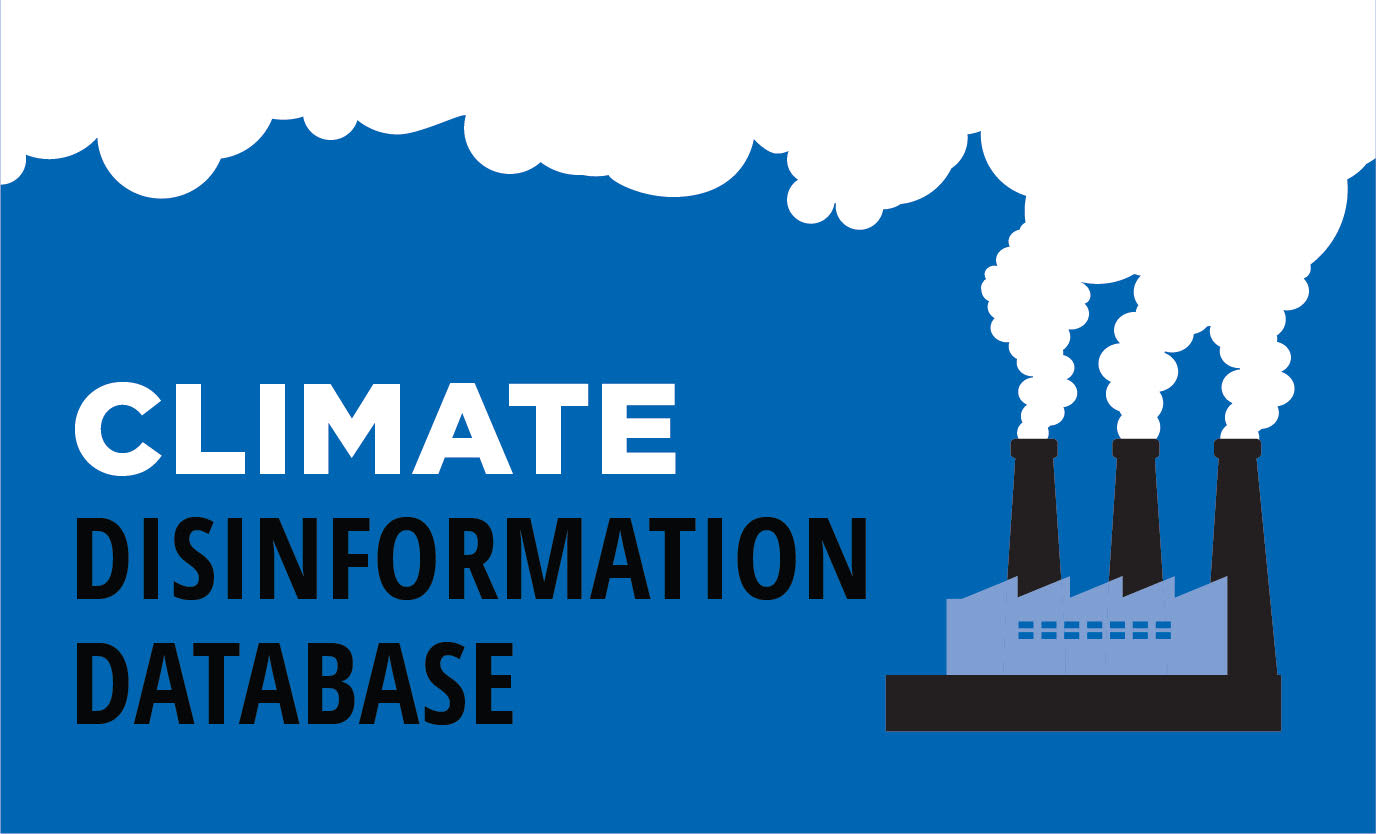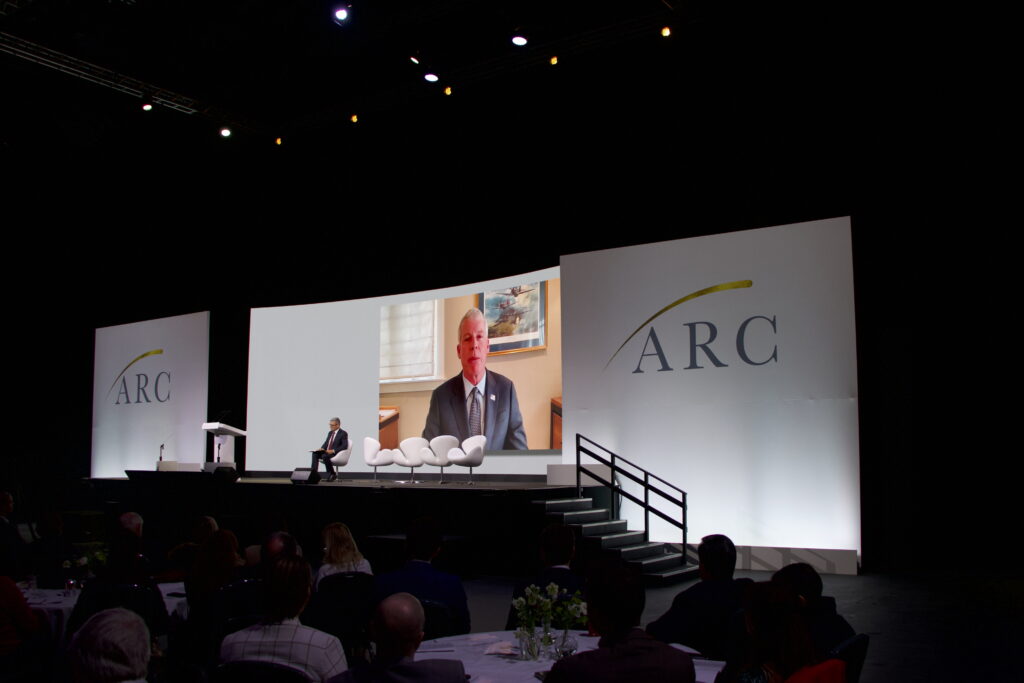This person has been in the press a lot but says some weird things about climate science – who are they, and what are their credentials?
This group seems very keen on fossil fuels, but their research looks legit – who are they, and who are they connected to?
This ‘global warming policy’ think tank is asking for a meeting, but I’ve never heard of them – who are they, and what is their agenda?
DeSmog UK’s Climate Disinformation Database, launched today, is a quick and easy tool for the public, policymakers, researchers, and journalists to check who they’re dealing with on climate science and policy.
The UK may have the Climate Change Act. It may have a climate minister. It may have a prime minister (for the time-being) that, in words at least, sees climate change as a problem.
But despite the UK posturing as a climate change leader on the global stage, there remain many issues on which it needs to go further, faster, if the government is to meet its own high standards.
Behind each climate policy failure is a network of politicians, corporate lobbyists, and shadowy think tanks pushing to preserve the fossil-fuelled status quo. DeSmog UK’s new database casts light on the activities of those pushing disinformation to dampen commitment to action on climate change or promote fossil fuels.
The database launches with close to 70 entries — though it could, should, and will contain many more.
Based on the database over at our US sister-site DeSmogBlog, it is intended as a live log of the lobbying activities and misdemeanours of actors pushing climate science denial and disinformation.
Go to the database and simply click on the name of an individual or organisation to find out their:
- Background and connections
- Stance on climate change
- Quotes on energy and climate issues
- Lobbying and funding activity
Many of the actors in our database are connected to one another through funding, business relationships, personal connections, and ideological origins.
To help readers navigate this web of disinformation, we have put together a new, updated map:
Explore the map here.
The map highlights the four key categories contained within the database: government players, the fossil fuel industry, climate science deniers and think tanks, and the behind-the-scenes donors.
As the web illustrates, these categories overlap and intersect with each other.
For example, funders of the climate science denial campaign organisation, the Global Warming Policy Foundation (GWPF), have also made donations to Conservative politicians and pro-Brexit groups. And while there may be many different think tanks and NGOS in the web, a lot of their members are the same.
Links to the fossil fuel industry can also be made – be it to coal mines through climate disinformation campaigner and Conservative peer Matt Ridley, or to oil and fossil fuel engineering firms through Tory donors Michael Hintze and Alexander Temerko.
Exploring the map will gives you a different view of the information contained within our database: from how individuals and organisations link together, to their common climate denial deeds and donations.
If you have any suggestions for new entries into the database and map, please let us know at [email protected]. Here are more details about how you can contact us securely.
Subscribe to our newsletter
Stay up to date with DeSmog news and alerts







